In a move that has ignited a heated debate over press freedom and government censorship, the White House recently banned an Associated Press journalist from attending an event after they referred to the Gulf of Mexico rather than the newly designated “Gulf of America.”
The decision has drawn sharp criticism from journalists, media organizations, and free speech advocates who argue that the government should not dictate how the press reports factual information.
But what led to this controversial ban? And why is the name change such a divisive issue? Let’s break it all down.
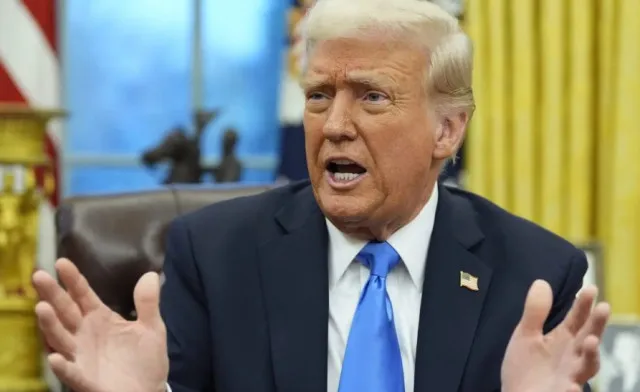
The White House Renames the Gulf of Mexico to “Gulf of America”
The controversy began when former President Donald Trump signed an executive order on his first day back in office, officially renaming the Gulf of Mexico to the Gulf of America.
The administration claimed the change was necessary to emphasize America’s economic dominance over the region and to reinforce national pride.
Since the executive order, the White House has strongly encouraged media outlets to use the new terminology. However, many journalists and media organizations have refused to comply, citing historical accuracy and journalistic integrity.
The Associated Press Pushes Back Against the Name Change
The Associated Press (AP) has been among the most vocal in rejecting the terminology shift.
According to the AP Stylebook, the body of water has been known as the Gulf of Mexico for over 400 years, and the name remains internationally recognized.
While the AP acknowledges the executive order and Trump’s preference for the new name, they continue to use the original term in their reporting.
This stance has led to growing tensions between the White House and major news organizations.
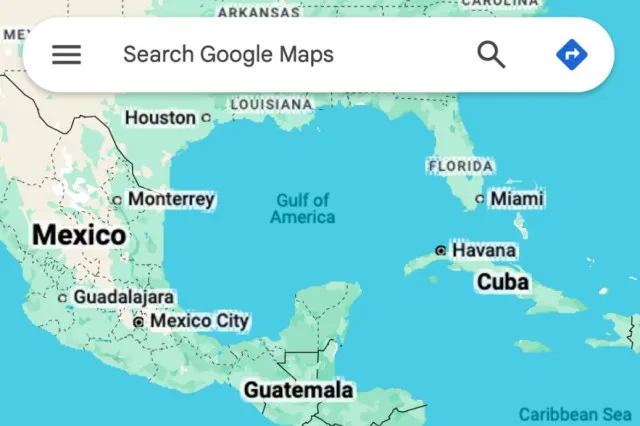
The White House Bans an AP Journalist Over Terminology Dispute
The clash reached a boiling point when an AP journalist attempted to cover two major events at the White House.
According to reports, the journalist was informed that access to the Oval Office would be restricted if they refused to use the term “Gulf of America.”
When the journalist stood their ground, the White House responded by banning them from the events entirely.
The move was immediately met with widespread condemnation.
In a letter addressed to the White House Chief of Staff, AP Executive Editor Julie Pace strongly objected to the ban, stating:
“The actions taken by the White House were plainly intended to punish the AP for the content of its speech. It is among the most basic tenets of the First Amendment that the government cannot retaliate against the press for what they say.”
Pace further noted that the executive order only applies within the United States, meaning that other countries and international organizations will continue recognizing the body of water as the Gulf of Mexico.
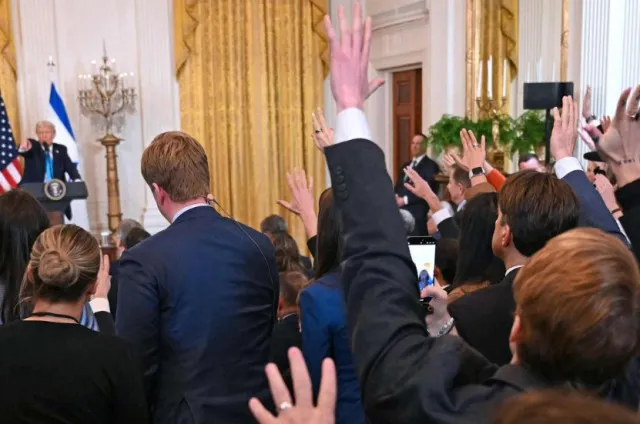
The White House Defends Its Decision
White House spokesperson Karoline Leavitt defended the administration’s actions, stating that covering the White House is a privilege, not a right.
She doubled down on the administration’s stance, claiming that journalists must adhere to the standards set by the government when reporting on official matters.
“Nobody has the right to go into the Oval Office and ask the president of the United States questions. That’s an invitation that is given.”
Leavitt also insisted that media outlets should be held accountable for spreading what she called ‘lies.’
“I was very upfront in my briefing on day one that if we feel that there are lies being pushed by outlets in this room, we are going to hold those lies accountable. And it is a fact that the body of water off the coast of Louisiana is called the Gulf of America. I’m not sure why news outlets don’t want to call it that.”
Her comments only fueled further backlash, as many journalists and media professionals viewed them as a direct threat to press freedom.
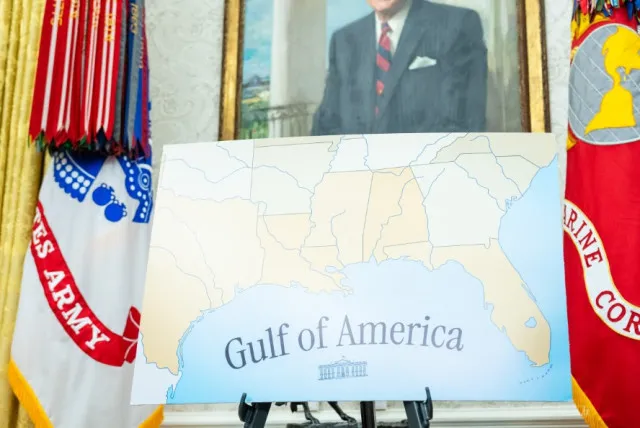
Social Media Explodes Over the Controversy
The public response to the ban has been mixed, with strong reactions from both sides.
💬 “He would implode if they wouldn’t cover him. He craves the attention.”
💬 “The world’s largest gulf is between his ears.”
💬 “It was only called the Gulf of Mexico because that’s what Spain called it. Gulf of the Americas would be more accurate.”
💬 “Children usually grow out of their childish behavior, but not always.”
While some supporters of the administration backed the White House’s stance, arguing that language plays an important role in political discourse, many others saw the decision as a dangerous precedent for restricting journalistic freedom.
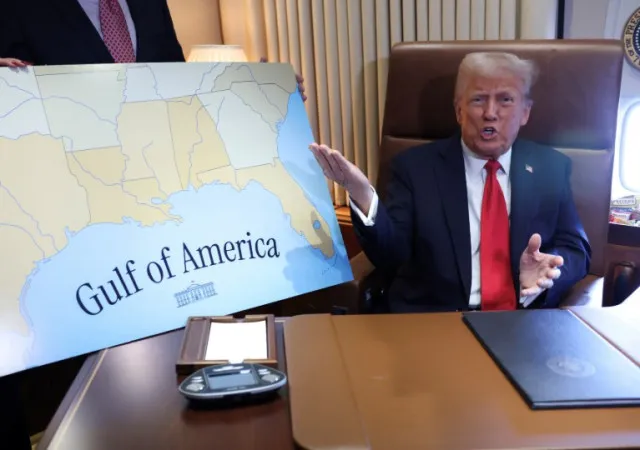
A Battle Over Free Speech or Justified Policy?
This high-profile dispute raises a fundamental question—should the government have the power to dictate how the press reports information?
Journalists and free speech advocates argue that press freedom is essential for democracy, and allowing the government to control reporting sets a dangerous precedent.
On the other hand, supporters of the White House’s position claim that words matter, and media outlets should recognize the government’s authority when covering official policies.
Whatever the case, one thing is clear—this controversy is far from over.
Final Thoughts: A Defining Moment for Press Freedom
The White House’s decision to ban an AP journalist for refusing to use “Gulf of America” instead of “Gulf of Mexico” has sparked a heated debate about free speech, government authority, and journalistic independence.
This moment could set a precedent for future press-government relations, and the outcome will likely have lasting implications for how the media operates under political pressure.
As this story unfolds, one thing remains certain—the fight for press freedom is far from over.